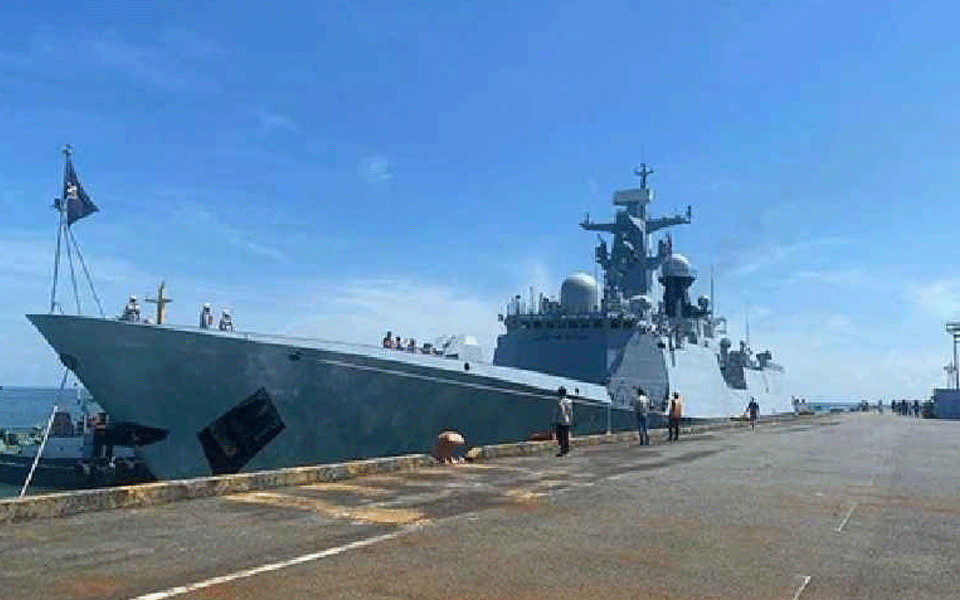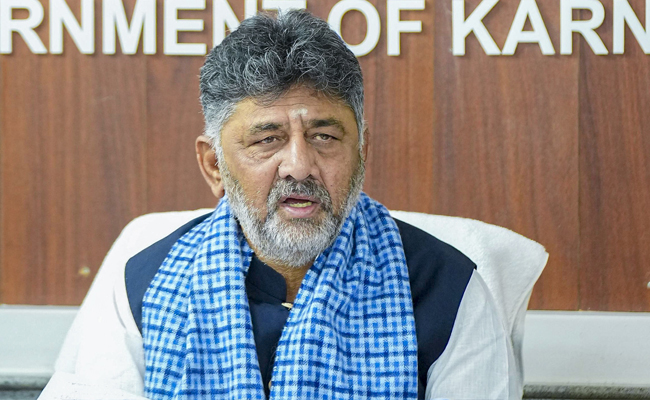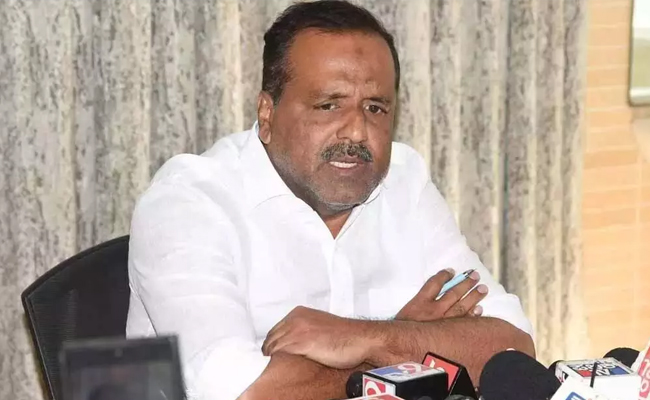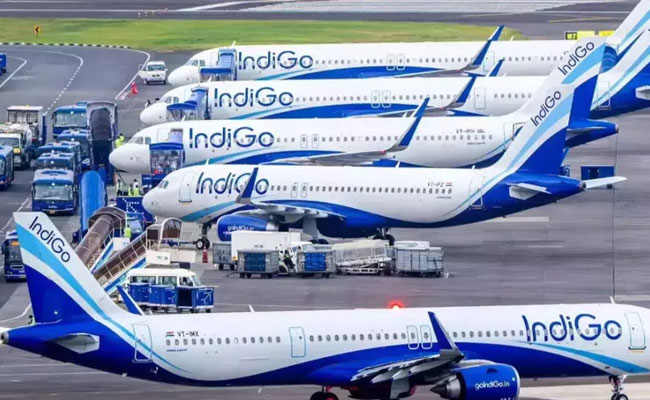Colombo, Nov 13: Sri Lankan President Maithripala Sirisena on Tuesday suffered a major setback as the Supreme Court in a landmark ruling overturned his controversial decision to dissolve Parliament and halted until next month the preparations for snap polls on January 5.
The apex court's decision deepened the political crisis in the island nation after Sirisena fired his coalition prime minister Ranil Wickremesinghe on October 26 and installed former strongman Mahinda Rajapaksa as the new premier.
He also suspended Parliament till November 16. He, however, advanced the convening of the House to November 14 amid international and domestic pressure against the move.
A three-member bench, including country's chief justice Nalin Perera, delivered its verdict after two days of deliberations on as many as 13 petitions against and five for Sirisena's November 9 decision to dissolve Parliament.
The apex court said Sirisena's dissolution of Parliament will be suspended until December 7 and it will consider all the petitions filed on the President's decision next month before giving a final ruling.
Sirisena dissolved Parliament after it became clear that he lacked support from lawmakers to instal Rajapaksa as the new Prime Minister following his sacking of Wickremesinghe as premier.
All petitions filed against Sirisena's decision will be heard on December 4, 5 and 6, the apex court ruled, in a historic judgement that could upset the 67-year-old president's political ambitions.
Major political parties, including the United National Party and the Janatha Vimukthi Peramuna and an election commission member Ratnajeevan Hoole, on Monday dragged Sirisena to the Supreme Court, challenging his move by filing fundamental rights petitions against the move.
Sirisena dissolved Parliament last week, almost 20 months before its term was to end, and ordered snap election on January 5, plunging the country's into an unprecedented political and constitutional crises.
Wickremesinghe has maintained that his sacking by Sirisena was unconstitutional and illegal and he was still the prime minister.
Wickremesinghe demanded that Parliament be convened to hold a vote among the lawmakers to decide who enjoyed majority support in Parliament to be the Prime Minister.
As pressure grew and both sides claimed they had the numbers, the President dissolved Parliament and called for elections.
Rajapaksa needed the support of minimum 113 parliamentarians in the 225-member House to prove his majority.
Sirisena on Sunday stoutly defended his move to dissolve Parliament, saying it was taken to prevent clashes among rival lawmakers. He said there were reports that politicians would clash during the floor test, which was due on November 14.
At the hearing Tuesday, Attorney General Jayantha Jayasuriya, on behalf of the State, justified Sirisena's action, saying the powers of the President are clear and unambiguous as provided for in the Constitution and the announcement of the dissolution of Parliament was done by the President in accordance with the Constitution.
He pleaded for the dismissal of all petitions and said the President was empowered to dissolve Parliament.
Rajapaksa, 72, who ruled Lanka for a nearly decades from 2005, was unexpectedly defeated by his deputy Sirisena in the presidential election held in January 2015 with the support from Wickremesinghe's UNP.
However, the power-sharing arrangement between Sirisena and Wickremesinghe became increasingly tenuous on several policy matters, especially on issues like the economy and security. And subsequently, Sirisena abruptly ousted Wickremesinghe and replaced him with Rajapaksa.
Sirisena suspended parliamentary proceedings until November 16. Later, owing to domestic and global pressure, he issued a notice to reconvene Parliament on November 14. Last week, he dissolved Parliament and announced snap polls in January, 2019.
Let the Truth be known. If you read VB and like VB, please be a VB Supporter and Help us deliver the Truth to one and all.
Mangaluru (PTI): A high-level committee constituted by the Karnataka government to study the framework adopted by Andhra Pradesh for recognising Urdu as a second official language has submitted its report, backing the state’s move to accord similar status to Tulu.
The six-member panel, headed by K M Gayatri, former Director of the Kannada and Culture Department, examined the procedures followed by the Andhra Pradesh government before granting second official language status to Urdu, officials said on Wednesday.
The committee undertook a field visit to the Andhra Pradesh Secretariat on January 19 and 20 and held consultations with senior officials to understand the legal provisions, administrative mechanisms, and implementation benchmarks involved, they said.
The panel also included Tharanatha Gatti Kapikad, president of the Karnataka Tulu Sahitya Academy, in an advisory capacity.
The report, along with a detailed note outlining Tulu’s historical, linguistic, and cultural significance, was submitted to J Manjunath, Secretary, Kannada and Culture Department, at Vikas Soudha here.
According to official sources, the study was aimed at gathering inputs to help Karnataka frame criteria and procedural guidelines if it decides to grant second official language status to Tulu.
Senior officials present at the submission included B S Manjunath Swami, Director of the Kannada and Culture Department; representatives of the Law Department and the Personnel and Administrative Reforms Department; and office-bearers of various state academies.
Tulu is predominantly spoken in the coastal districts of Dakshina Kannada and Udupi, and in parts of Kasaragod in neighbouring Kerala.
The demand to accord it second official language status in Karnataka has been raised by cultural organisations for several years.





